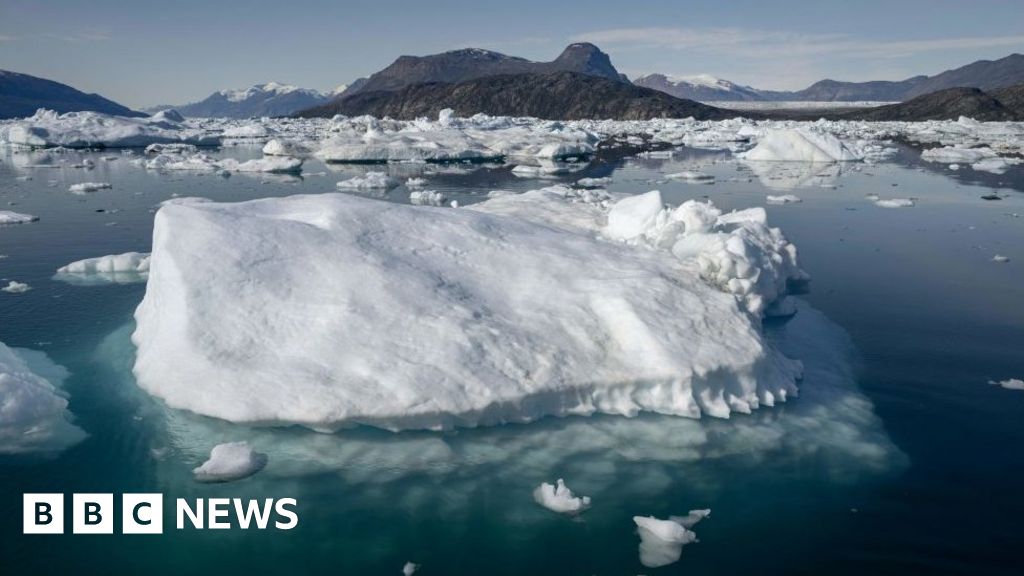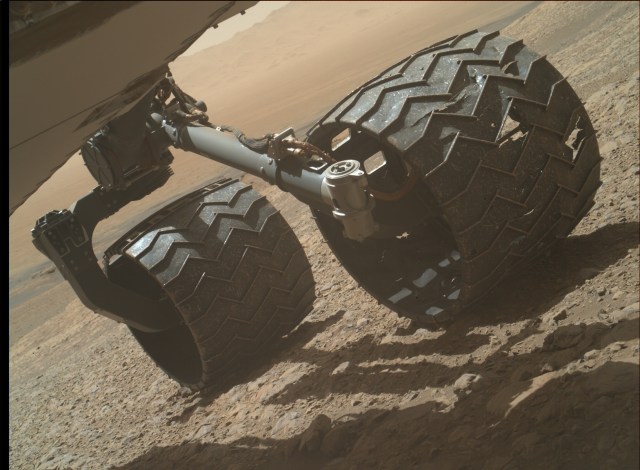
New study reveals that climate change is impacting the Earth’s rotation, potentially affecting timekeeping. The melting of Greenland and Antarctica ice is causing additional water to enter the world’s seas, leading to a redistribution of mass. This process has caused a very slight slowdown in the Earth’s rotation, although the planet is still spinning faster than in the past.
Due to these changes, global timekeepers may need to subtract a second from our clocks later than originally anticipated. Coordinated Universal Time (UTC), which is used globally to regulate clocks and time, is calculated based on the Earth’s rotation. However, since the Earth’s rotation rate is not constant, it can impact the length of our days and nights. To account for these variations, approximately 27 seconds known as leap seconds have been added since the 1970s to maintain the accuracy of our time.
The study suggests that without the accelerating melt of polar ice, a “negative leap second” – subtracting a second from world clocks – would have been necessary in 2026. Duncan Agnew, author of the study, expressed surprise at humans’ measurable impact on Earth’s rotation. He noted that these changes are unprecedented and signify climate change’s significant effects on our planet.
In conclusion, this recent study highlights that human activities have far-reaching consequences beyond their immediate scope. Climate change impacts not only our environment but also fundamental aspects of modern life such as timekeeping. As we continue to grapple with this global crisis, it becomes increasingly clear that urgent action must be taken to mitigate its effects before irreparable damage occurs.






